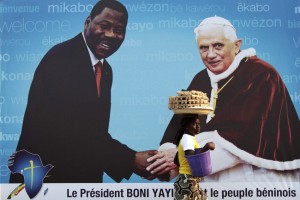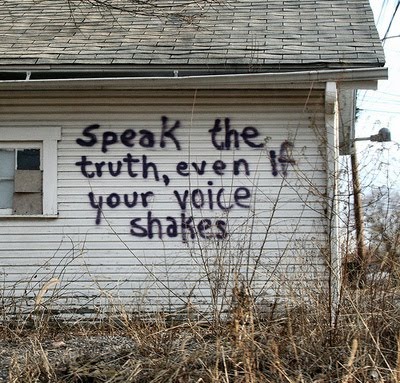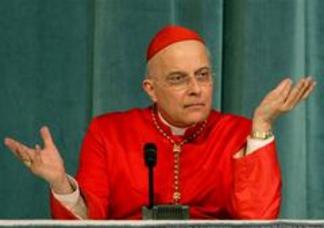Pope Benedict XVI on Saturday labelled AIDS a mainly ethical problem and condemned corruption as he laid out a vision for his church’s future in Africa on his second visit to the continent.
Benedict signed off on a 135-page roadmap for the Roman Catholic Church in Africa during his trip to Benin, a voodoo heartland and Catholic bastion where thousands have greeted him joyously since his arrival on Friday.
The document — an apostolic exhortation called “The Pledge for Africa” containing conclusions from a 2009 synod of African bishops — includes peace, reconciliation and justice as its main message.
It calls for good governance, the abolition of the death penalty and denounces abuses, particularly against women and children, while describing AIDS as a mainly ethical problem that requires a medical response.
Changes in behaviour are needed to combat the disease, including sexual abstinence and rejection of promiscuity, it adds.
“The problem of AIDS in particular clearly calls for a medical and a pharmaceutical response,” it says. “This is not enough however. The problem goes deeper. Above all, it is an ethical problem.”
The Catholic Church’s position on AIDS and the use of condoms has long been controversial and carefully scrutinised, particularly in sub-Saharan Africa, home to nearly 70 percent of the world’s HIV cases.
The pope’s comments on his first African trip to Cameroon and Angola in 2009 caused a global outcry when he suggested condom distribution aggravated the AIDS problem.
He has since seemed to ease that stance, saying in a book published last year that condom use is acceptable “in certain cases,” notably to reduce the risk of HIV infection.
Speaking at the basilica in the city of Ouidah, where he signed the document, Benedict addressed the themes of peace, reconciliation and justice contained in the roadmap.
“These are important issues for the world in general, but they take on a particular urgency in Africa,” said the 84-year-old pontiff.
“We need but recall the tensions, the acts of violence, the wars, the injustices and abuses of all sorts, new and old, which have marked this year.”
Benedict earlier on Saturday denounced corruption, warning it could lead to violent upheaval, and called on African leaders not to rob citizens of hope.
“At this time, there are too many scandals and injustices, too much corruption and greed, too many errors and lies, too much violence which leads to misery and to death,” he said in a speech at Benin’s presidential palace.
“These ills certainly afflict your continent, but they also afflict the rest of the world. Every people wishes to understand the political and economic choices which are made in its name. They perceive manipulation and their revenge is sometimes violent.”
He added later in the speech before politicians, religious leaders and diplomats: “From this place, I launch an appeal to all political and economic leaders of African countries and the rest of the world.
“Do not deprive your peoples of hope! Do not cut them off from their future by mutilating their present!”
He also seemed to make reference to uprisings in the Arab world and spoke of the independence of South Sudan, Africa’s newest nation.
“During recent months, many peoples have manifested their desire for liberty, their need for material security, and their wish to live in harmony according to their different ethnic groups and religions,” he said.
“Indeed, a new state has been born on your continent. Many conflicts have originated in man’s blindness, in his will to power and in political and economic interests which mock the dignity of people and of nature. Human beings aspire to liberty.”
The audience for the speech in the economic capital Cotonou included voodoo chiefs who also heard the pontiff call for inter-religious dialogue to take place without improper fusion of beliefs. Catholicism and voodoo beliefs often mix in Benin.
Benedict is on a three-day trip to the country that ends on Sunday.
Complete Article HERE!




